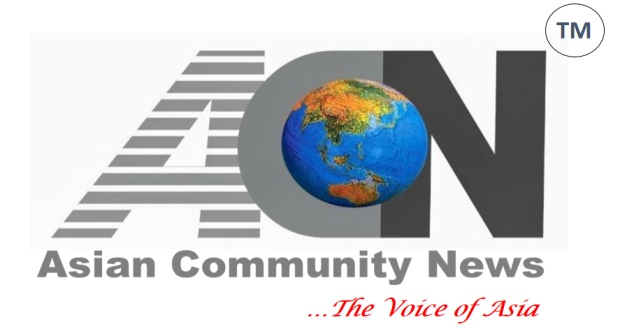14 nations including Japan, Korea, India, US join hands to strengthen Supply Chain, cut reliance on China
Indo-Pacific Economic Framework (IPEF) platform: The US, India, Japan, South Korea, Australia, Brunei, Fiji, Indonesia, Malaysia, New Zealand, Philippines, Singapore, Thailand, and Vietnam.
DETROIT/TOKYO: Fourteen countries participating in the Indo-Pacific Economic Framework (IPEF), including the United States and India, have reached a deal aimed at reducing their reliance on China and enhancing supply chain resilience and diversification. The agreement involves information-sharing and coordinated crisis response to meet future supply chain challenges.
During the second in-person ministerial meeting of IPEF countries in Detroit, the participating nations agreed to establish an IPEF supply chain council, a supply chain crisis response network, and a labor rights advisory network. These initiatives will facilitate collaboration and cooperation among the member countries.
The IPEF also discussed progress in the trade, clean economy, and fair economy pillars of the framework. Under the clean economy framework, interested members have agreed to establish a regional hydrogen initiative.
India has joined three out of the four pillars of the IPEF, while remaining an observer in the trade pillar. At the ministerial meeting, India was represented virtually by Minister for Industry and Commerce Piyush Goyal, who reiterated India’s commitment to building resilient supply chains and fostering a clean and fair economy.
The announcement of the deal was made by US Commerce Secretary Gina Raimondo, who expressed her satisfaction with the substantial conclusion of negotiations on this “first-of-its-kind” supply chain agreement within the IPEF. She emphasized the significance of this international agreement that brings together 14 partners from the Indo-Pacific region.
The agreement will now undergo the process of translation into a final text and subsequent domestic approval in each country. Apart from the United States and India, the IPEF members include Australia, Brunei, Fiji, Indonesia, Japan, South Korea, Malaysia, New Zealand, the Philippines, Singapore, Thailand, and Vietnam.
According to a statement by the IPEF members, the deal aims to enhance the resilience, efficiency, productivity, sustainability, transparency, diversification, security, fairness, and inclusivity of their supply chains. This will be achieved through collaborative activities and individual actions by each participating state.
The objectives of the agreement include building a collective understanding of significant supply chain risks, identifying and monitoring critical sectors and key goods, improving crisis coordination and response to disruptions, promoting labor rights in supply chains, ensuring the availability of skilled workforce in critical sectors, and facilitating technical assistance.
The agreement emphasizes the importance of respecting market principles, minimizing market distortions, and protecting confidential business information. To meet these objectives, the IPEF has agreed to establish three institutions. The IPEF supply chain council will develop sector-specific action plans for critical sectors and key goods. The supply chain crisis response network will serve as an emergency communication channel during disruptions, and the labor rights advisory board will support the promotion of labor rights in supply chains.
Regarding the clean economy pillar, the IPEF members are exploring ways to achieve their climate goals through research, development, commercialization, availability, and deployment of clean energy and climate-friendly technologies. They aim to connect markets, ensure sustainable and affordable energy, and promote low-and zero-emission goods and services. As part of their efforts, interested IPEF members have agreed on a regional hydrogen initiative to encourage the widespread use of low-carbon and renewable hydrogen and its derivatives.
In terms of the fair economy pillar, the IPEF welcomed progress in implementing anti-corruption measures and tax initiatives. The member countries aim to enhance cooperation in capacity building and technical assistance to promote a fair and transparent economic environment.
Although India is not part of the trade pillar, the other IPEF members reaffirmed their commitment to crafting high-standard, inclusive, free, fair, and open trade commitments that build upon the rules-based multilateral trading system.



